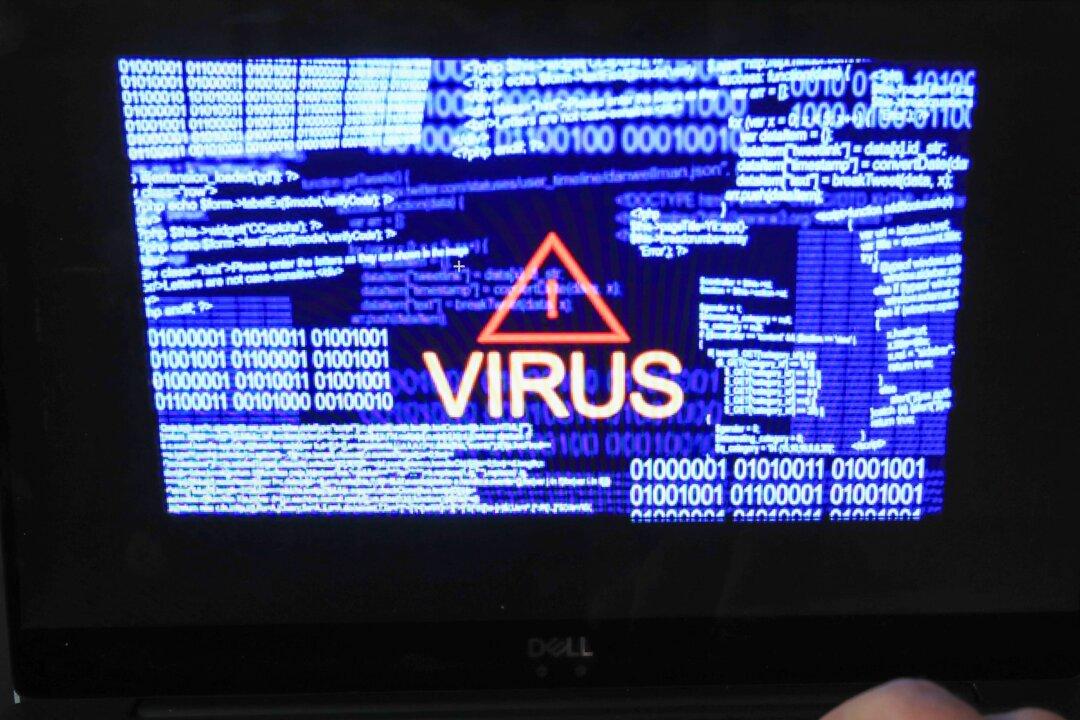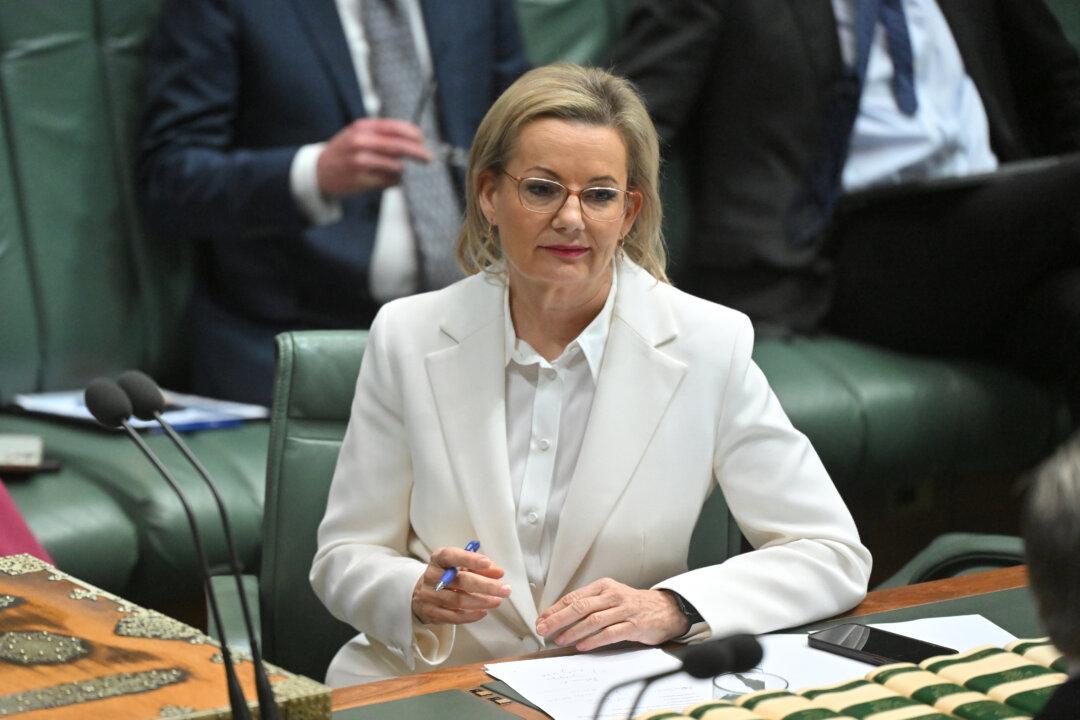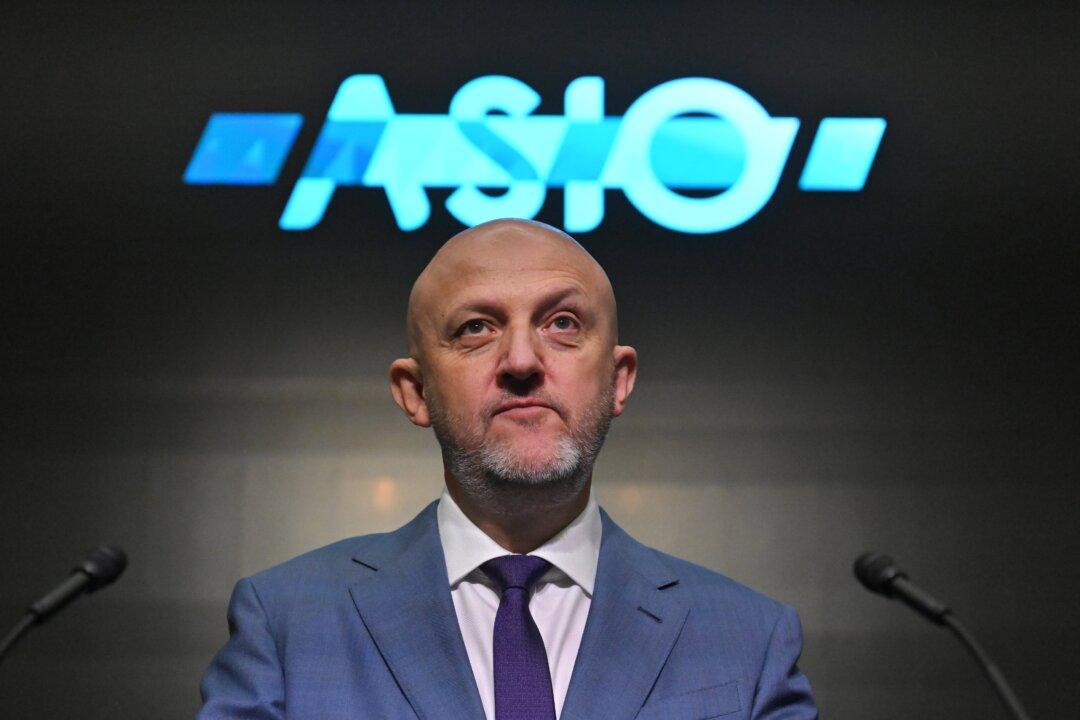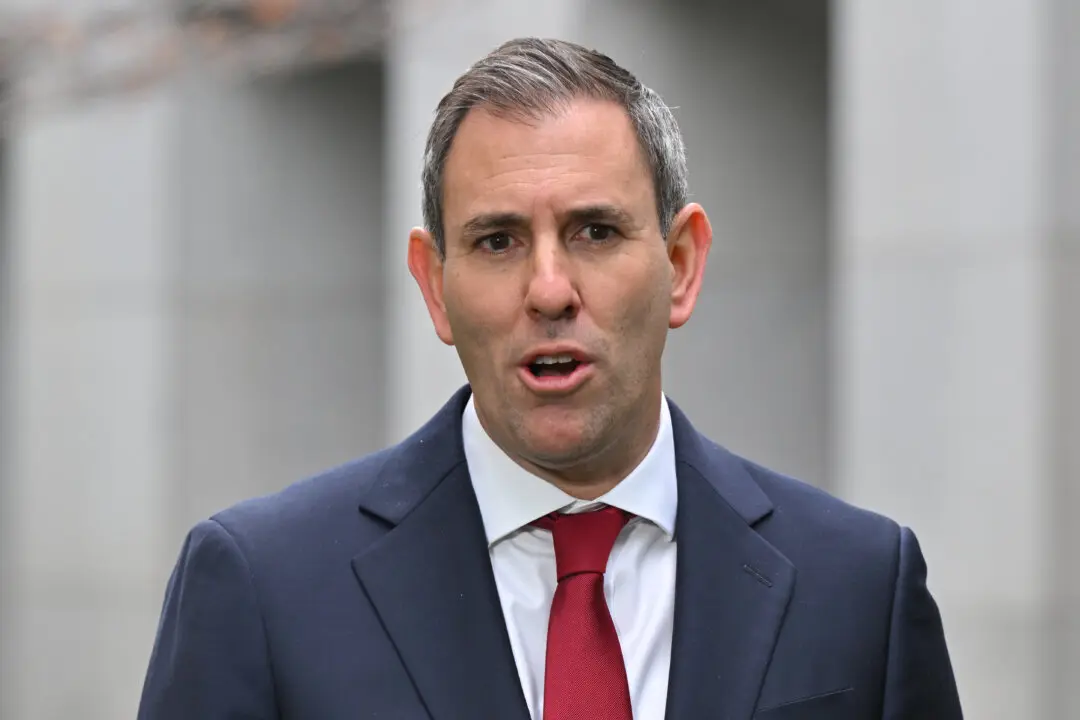Australia has imposed targeted financial sanctions and travel bans on three senior Russian figures linked to the notorious cybercrime group Evil Corp.
The sanctions target Maksim Viktorovich Yakubets, Igor Olegovich Turashev, and Aleksandr Viktorovich Ryzhenkov, who hold key roles within the organisation. These individuals are now banned from entering Australia, and it is a criminal offence to provide them with assets or deal with their assets within Australian jurisdiction.





